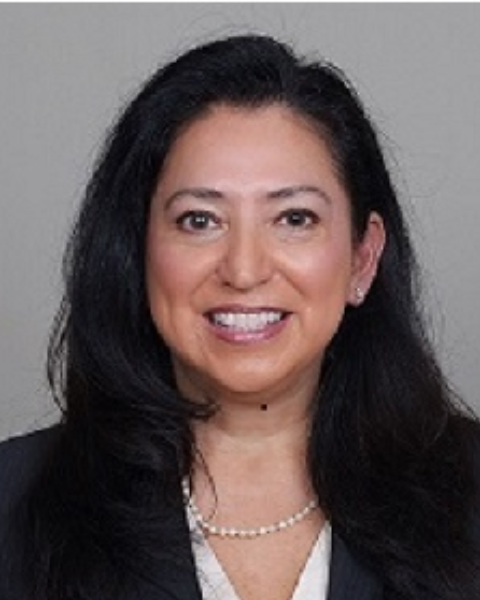Back

Financial Mastery
SS2: Bridging the Gap: Enhancing Financial Literacy to Improve Healthcare Acceptance and Outcomes
Monday, October 7, 2024
1:30 PM - 1:55 PM MST
Location: Solution Center - Stage Two
Sponsored By


Jake Gerhard
Vice President of Specialty Markets
CareCredit a Synchrony Solution, Arizona
Nelda Watson
Vice President, National Accounts Health Systems
CareCredit, a Synchrony solution
Daniel Williams, MBA, MSEM
Sr. Editor
MGMA
Speaker(s)
Moderator(s)
Eligible for: ACMPE: .5 | CEU: .5
Sponsored by CareCredit
*This content is subject to change without notice and offered for informational use only. You are urged to consult with your individual advisors with respect to any information presented. Synchrony and any of its affiliates, including CareCredit, (collectively, “Synchrony”) makes no representations or warranties regarding this content and accepts no liability for any loss or harm arising from the use of the information provided. Your participation in this presentation constitutes your acceptance of these terms and conditions.
Financial literacy is increasingly recognized as a crucial public health concern, particularly concerning healthcare costs. The 2023 TIAA Institute’s GFLEC Personal Finance Index highlighted significant gaps in financial literacy among Americans surveyed. Synchrony’s 2022 Lifetime of Healthcare Costs (LOHC) highlighted that consumers surveyed underestimated the annual out of pocket expense of healthcare by 145%. These gaps can lead to detrimental outcomes, including delayed or forgone medical care due to cost concerns. Improving financial literacy can help patients' ability to budget and plan for healthcare expenses, which can help increase acceptance of recommended care. Healthcare providers are vital in educating and supporting patients in navigating healthcare costs effectively. In this presentation, Jake Gerhard, Vice President of Specialty Markets and Nelda Watson, Vice President, National Accounts Health Systems at CareCredit, will examine the latest research on financial literacy and its impact on healthcare access. Jake and Nelda will discuss practical strategies for healthcare providers to help improve patient financial literacy, including transparent communication of costs, educational resources, and available financing options. By addressing these issues, this session aims to empower providers to lead cost conversations with their patients to help them make informed financial decisions
Sponsored by CareCredit
*This content is subject to change without notice and offered for informational use only. You are urged to consult with your individual advisors with respect to any information presented. Synchrony and any of its affiliates, including CareCredit, (collectively, “Synchrony”) makes no representations or warranties regarding this content and accepts no liability for any loss or harm arising from the use of the information provided. Your participation in this presentation constitutes your acceptance of these terms and conditions.
Financial literacy is increasingly recognized as a crucial public health concern, particularly concerning healthcare costs. The 2023 TIAA Institute’s GFLEC Personal Finance Index highlighted significant gaps in financial literacy among Americans surveyed. Synchrony’s 2022 Lifetime of Healthcare Costs (LOHC) highlighted that consumers surveyed underestimated the annual out of pocket expense of healthcare by 145%. These gaps can lead to detrimental outcomes, including delayed or forgone medical care due to cost concerns. Improving financial literacy can help patients' ability to budget and plan for healthcare expenses, which can help increase acceptance of recommended care. Healthcare providers are vital in educating and supporting patients in navigating healthcare costs effectively. In this presentation, Jake Gerhard, Vice President of Specialty Markets and Nelda Watson, Vice President, National Accounts Health Systems at CareCredit, will examine the latest research on financial literacy and its impact on healthcare access. Jake and Nelda will discuss practical strategies for healthcare providers to help improve patient financial literacy, including transparent communication of costs, educational resources, and available financing options. By addressing these issues, this session aims to empower providers to lead cost conversations with their patients to help them make informed financial decisions
Learning Objectives:
- Discuss the current state of financial literacy in the U.S. and its impact on healthcare acceptance, as evidenced by recent studies
- Identify the key strategies healthcare providers can employ to discuss costs and improve patient financial literacy
- Describe resources and tools aimed at empowering patients to make informed financial decisions
